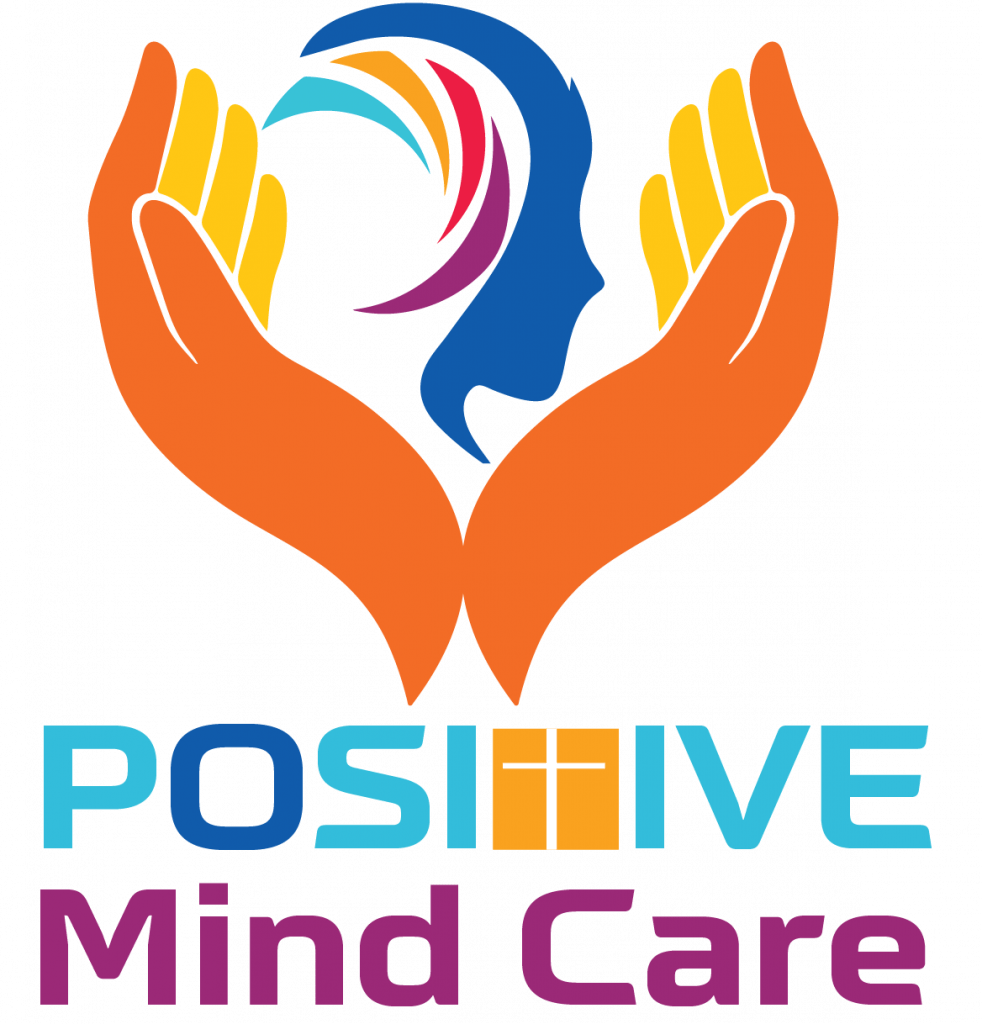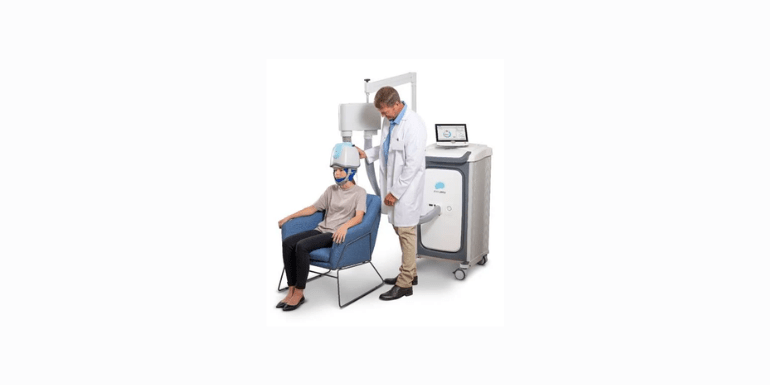Positive Mind Care is a leading mental health center in Gurugram that offers a comprehensive range of services to address various mental health conditions. Today we are discuss about Depression, a widespread mental health condition, can significantly impact an individual’s overall well-being. Positive Mind Care, an esteemed mental health center in Gurugram, offers a revolutionary treatment known as Deep Transcranial Magnetic Stimulation (Deep TMS). In this article, we explore the transformative effects of Deep TMS therapy and why Positive Mind Care is the ideal destination for those seeking effective depression treatment in Gurugram.
Common symptoms of depression
Depression is a mental health condition that can affect people in various ways. It’s important to note that experiencing a few of these symptoms does not necessarily mean a person has depression, as a proper diagnosis should be made by a healthcare professional. However, common symptoms of depression include:
- Persistent sadness: Feeling sad, empty, or experiencing a depressed mood most of the time.
- Loss of interest or pleasure: Losing interest in activities or hobbies that were previously enjoyable, or a general lack of interest in life.
- Significant changes in weight: A noticeable decrease or increase in appetite, leading to weight loss or weight gain.
- Sleep disturbances: Experiencing insomnia (difficulty falling asleep or staying asleep) or hypersomnia (excessive sleeping).
- Fatigue or loss of energy: Feeling tired, low on energy, or lacking motivation to engage in daily activities.
- Feelings of worthlessness or guilt: Having persistent negative thoughts about oneself, feeling guilty over small things, or having a distorted self-image.
- Difficulty concentrating or making decisions: Finding it challenging to focus, make decisions, or remember details.
- Agitation or restlessness: Feeling restless, irritable, or having an increased tendency to be easily annoyed.
- Physical symptoms: Experiencing unexplained physical symptoms such as headaches, digestive issues, or general bodily discomfort.
- Recurrent thoughts of death or suicide: Having persistent thoughts of death, dying, or suicidal ideation.
If you or someone you know is experiencing several of these symptoms for an extended period (typically at least two weeks) and they are interfering with daily life and well-being, it is important to seek professional help from a mental health provider. They can provide a proper diagnosis and recommend appropriate treatment options.
Treatment for Depression works
Deep Transcranial Magnetic Stimulation (dTMS) is a non-invasive medical procedure used as a treatment for depression. It involves the use of electromagnetic fields to stimulate specific areas of the brain associated with mood regulation. Here’s an overview of how dTMS treatment for depression works:
- Procedure: During a dTMS session, the patient sits in a chair, and a helmet-like device containing electromagnetic coils is placed on their head. These coils deliver magnetic pulses to the targeted areas of the brain.
- Stimulation of the prefrontal cortex: The most common target for dTMS in depression treatment is the prefrontal cortex, a region involved in mood regulation. The magnetic pulses penetrate the scalp and skull to reach this area, stimulating the nerve cells.
- Stimulation pattern: The dTMS device delivers repetitive magnetic pulses at a frequency determined by the treatment protocol. The specific parameters, such as intensity and duration, are set by the prescribing healthcare professional based on the individual’s needs.
- Neuroplasticity: The repetitive magnetic pulses induce changes in the neural activity and promote neuroplasticity, which is the brain’s ability to reorganize and form new connections. These changes are believed to alleviate depressive symptoms by regulating mood-related brain circuits.
- Treatment sessions: dTMS is typically administered in multiple treatment sessions over several weeks. The number of sessions and the frequency can vary depending on the individual’s condition and the treatment plan. Each session usually lasts around 20-30 minutes.
- Side effects: dTMS is generally considered safe and well-tolerated. The most common side effects are mild and include scalp discomfort or headaches at the treatment site. Rarely, seizures may occur, but this risk is extremely low.
- Efficacy: Clinical studies have shown that dTMS can be an effective treatment option for individuals with depression, particularly for those who have not responded well to traditional antidepressant medications. However, the specific response to dTMS can vary from person to person, and it may not be suitable for everyone.
It’s important to note that dTMS should be administered under the supervision of a qualified healthcare professional, and a thorough evaluation should be conducted to determine if it is an appropriate treatment option for an individual’s specific condition.
Positive Mind Care Commitment to Excellence
Positive Mind Care distinguishes itself through its commitment to excellence in depression treatment. Their highly trained and compassionate staff members strive to create a warm and supportive environment, ensuring patients feel comfortable throughout their therapeutic journey. The center’s state-of-the-art facilities, coupled with the latest advancements in Deep TMS technology, provide patients with the highest standards of care. Positive Mind Care’s unwavering dedication to helping individuals overcome depression makes it a trusted destination for those seeking the best depression treatment in Gurugram.
Conclusion
With its cutting-edge Deep TMS therapy and comprehensive approach to depression treatment, Positive Mind Care in Gurugram stands as a beacon of hope for individuals battling depression. By harnessing the power of innovative technology and personalized care, Positive Mind Care is transforming lives and paving the way for a brighter, happier future for its patients.



